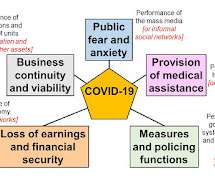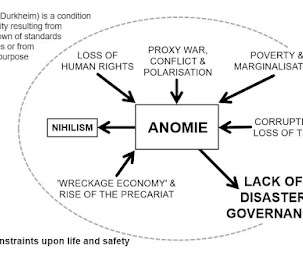Business Continuity Learning – Where do you start?
Plan B Consulting
SEPTEMBER 1, 2017
When I started in emergency planning in the water industry, Anglian Water, who I was working for at the time, had no plans for dealing with a lack of water, contaminated water and sewage flooding incidents. When the London bombings occurred in 2007, the exact same recommendation was made in the report.














Let's personalize your content